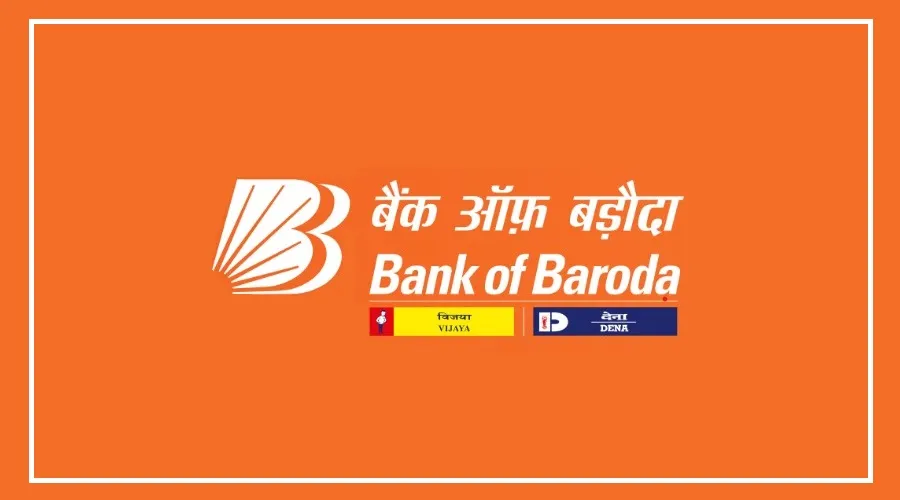In a major relief for customers, the Kerala High Court has ruled that if a bank clears a cheque with a forged signature, the full responsibility lies with the bank.
The court emphasized that even a small mistake by the customer does not reduce the bank’s liability.
47 Cheques Forged, Lakhs Lost
The case involved a serious fraud where 47 cheques were used to withdraw money with fake signatures.
Out of these, 32 were issued to third parties, making the money difficult to recover. However, 15 cheques were account-payee, so that amount could be traced and returned.
Fraud Went Undetected for 3 Months
Shockingly, neither the bank nor the customers noticed the fraud for three months. By the time it came to light, several customers had lost large sums and had to go to court.
Bank Denied Fault, Court Rejected Claims
The bank claimed it followed all proper procedures, but the High Court rejected this argument and ordered the bank to refund all affected customers along with 6% annual interest.
This case originally involved Vijaya Bank, but after its merger, Bank of Baroda became responsible.
RTI Revealed Forged Signatures
Customers got the fraud investigation report through RTI. It showed that the forged signatures did not match the samples kept by the bank.
In some cases, the bank didn’t even have signature records. The bank questioned the process used to prepare the report, but the court did not accept its objections.
Bank’s Arguments Dismissed
The bank also claimed that someone known to the customer could have forged the signatures, so it should not be blamed.
The court rejected this, stating that the bank has a duty to verify signatures before processing cheques.
Three Key Questions by the Court
The High Court examined the case by asking:
Who is responsible for fraudulent and negligent encashment?
Has the responsible party given enough proof?
Was the lower court right in saying customers failed to prove their case?
The answer to all three was in favor of the customers. The court said the bank was clearly negligent.
Supreme Court Ruling Cited
The court referred to a Supreme Court ruling which states that if a signature is forged, the bank has no authority to clear the cheque.
The bank is solely responsible for checking signatures, and if it fails, it must pay for the loss.
Customer Negligence Not an Excuse
The court clarified that even if a customer is careless—like not keeping their cheque book safe—it doesn’t reduce the bank’s responsibility.
Bank Failed to Disprove Forgery Reports
The bank was unable to prove that the reports declaring the signatures as forged were false. Since it failed to challenge them properly, the court accepted those reports as valid.
What This Means for Customers
This decision sends a strong message. Banks will now need to verify signatures more carefully before clearing cheques.
Customers can feel more secure knowing that if someone forges a cheque, the bank will be held accountable.
Burden of Proof Lies on the Bank
If a customer proves that a cheque’s signature is fake, the bank must prove otherwise. If it can’t, it has to return the money.
This ruling will push banks to tighten their internal security checks and protect customers from such fraud in the future.
























